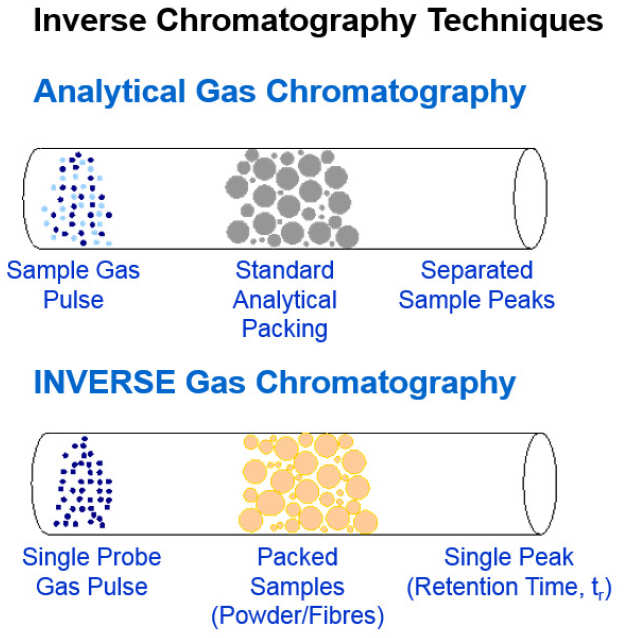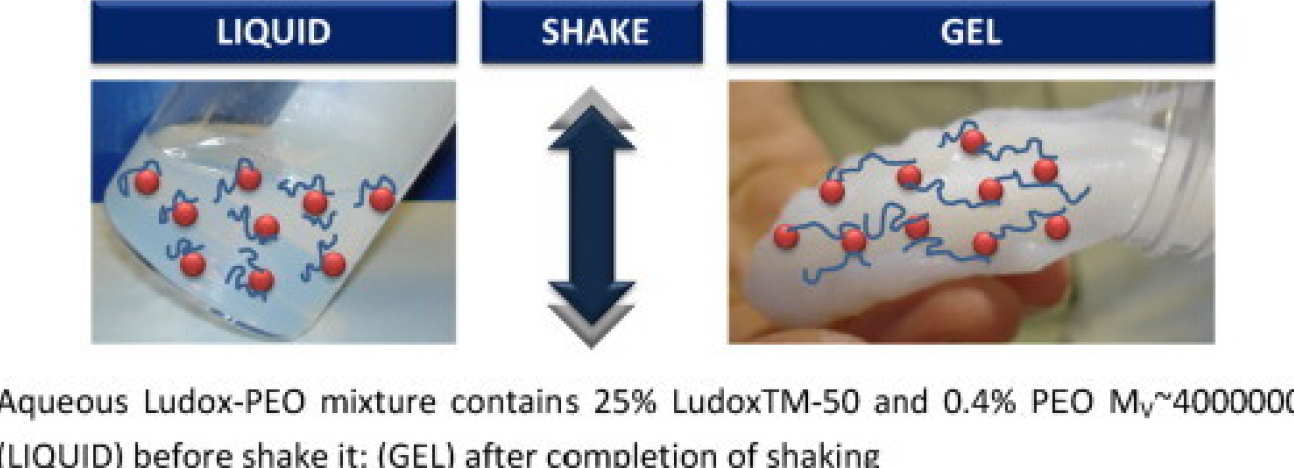Particle accordion widget
Theme overview and objectives
Our work is aimed at characterising and controlling the properties and interactions of particles. We study pharmaceuticals, biopharmaceuticals and complex organic solids with a specific interest in understanding the fundamental relationship between particle properties and their performance/manufacture. We also measure particle interactions in suspension using a modified form of atomic force microscopy.
Using direct experimental physicochemical approaches we seek to advance frontiers in particle, materials and surface science in conjunction with our international industrial partners.
Methods and capabilities

Current projects include:
- Protein crystallisation using nanotemplates
- Surface energy mapping of complex organic powders
- Micromechanics of agglomerates and cellular entities
- Physical stability of bioformulations
- Second virial coefficents and protein-protein aggregation behaviour
- Freeze drying of therapeutics
- Impact of particle engineering unit operations on surface properties (e.g. crystallisation, milling)
- Effects of particle properties on unit operations (eg granuation, drying)
- Modeling tools for the predictions and control of these operations
- Development of a gas chromatographic characterisation (inverse gas chromatography, IGC) methodology to determine surface energetic of powders
- Wetting, contact angles and surface energetics
- Physico-chemical properties characterisation of solids
- Processing (milling, spray/freeze-drying) of organic solids (pharmaceuticals and proteins)
- Direct measurements of particle interactions
- High pressure rheology of gels
- Improving the processability of ceramics
Some of our capabilities include:
- Atomic force microscopy
- Dynamic vapour sorption techniques
- Dry powder particle sizing equipment
- Inverse gas chromatography
- Inverse liquid chromatography
- Microscopy
- Optical profilometer
- Photon correlation spectroscopy
- Quartz Crystal Microbalance (QCM)
- Scanning electron microscopy
- Texture analyser
- X-ray diffraction
- HEL auto lab reactor
Highlights
Some highlights include:
- Surface Measurement Systems, a company headed by Dr Daryl Williams, involved in developing and engineering innovative experimental techniques and instrumentation for physico-chemical characterisation of complex solids with a particular focus on Dynamic Vapor Sorption technology and Inverse Gas Chromatography instrumentation and solutions.
- A new non-Newtonian fluid: goo that goes from liquid to solid when shaken (read the paper in Colloids and Surfaces A).
- Fabrican, spray-on fabric technology which led to the spin-out company Fabrican Ltd.

Theme membership
Theme co-ordinator:
Members:
